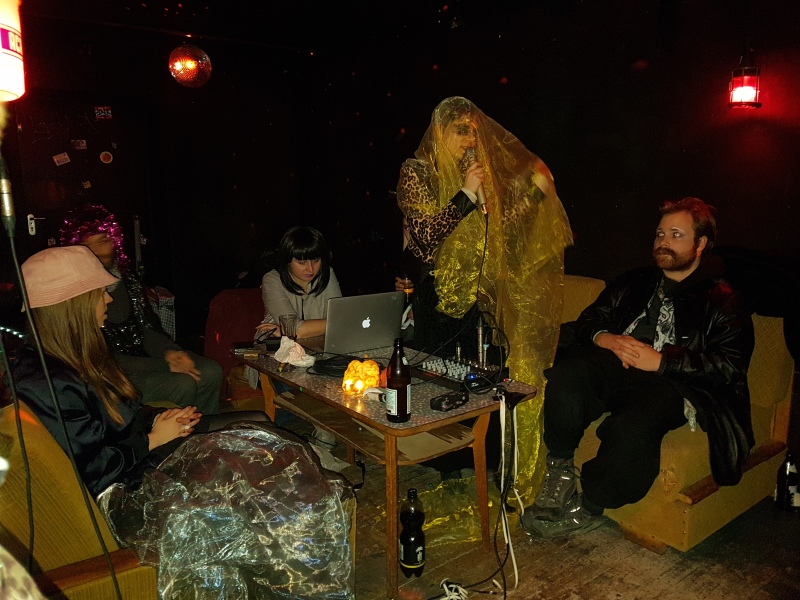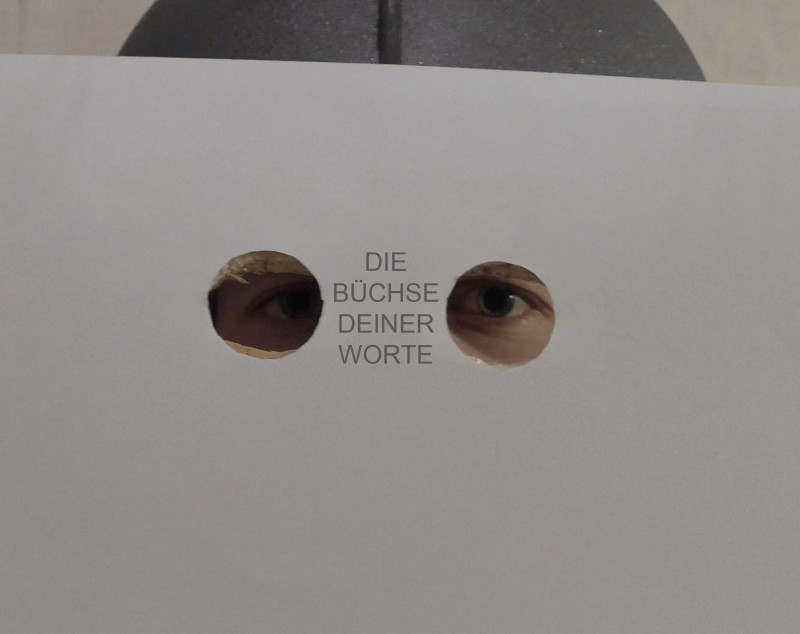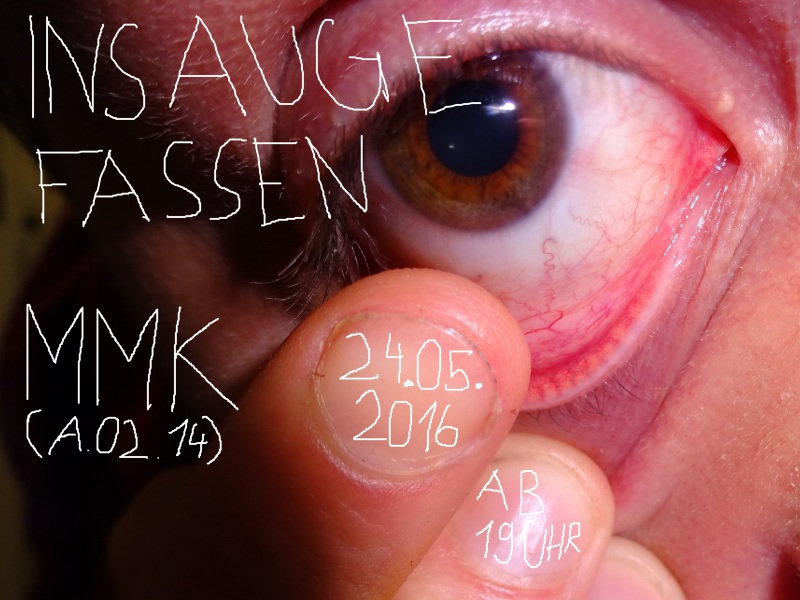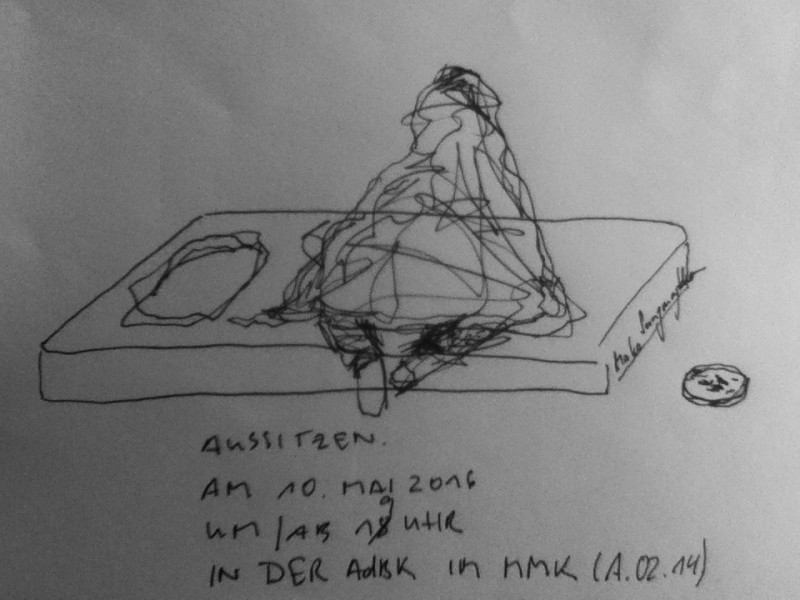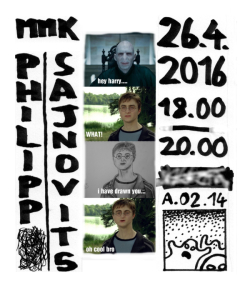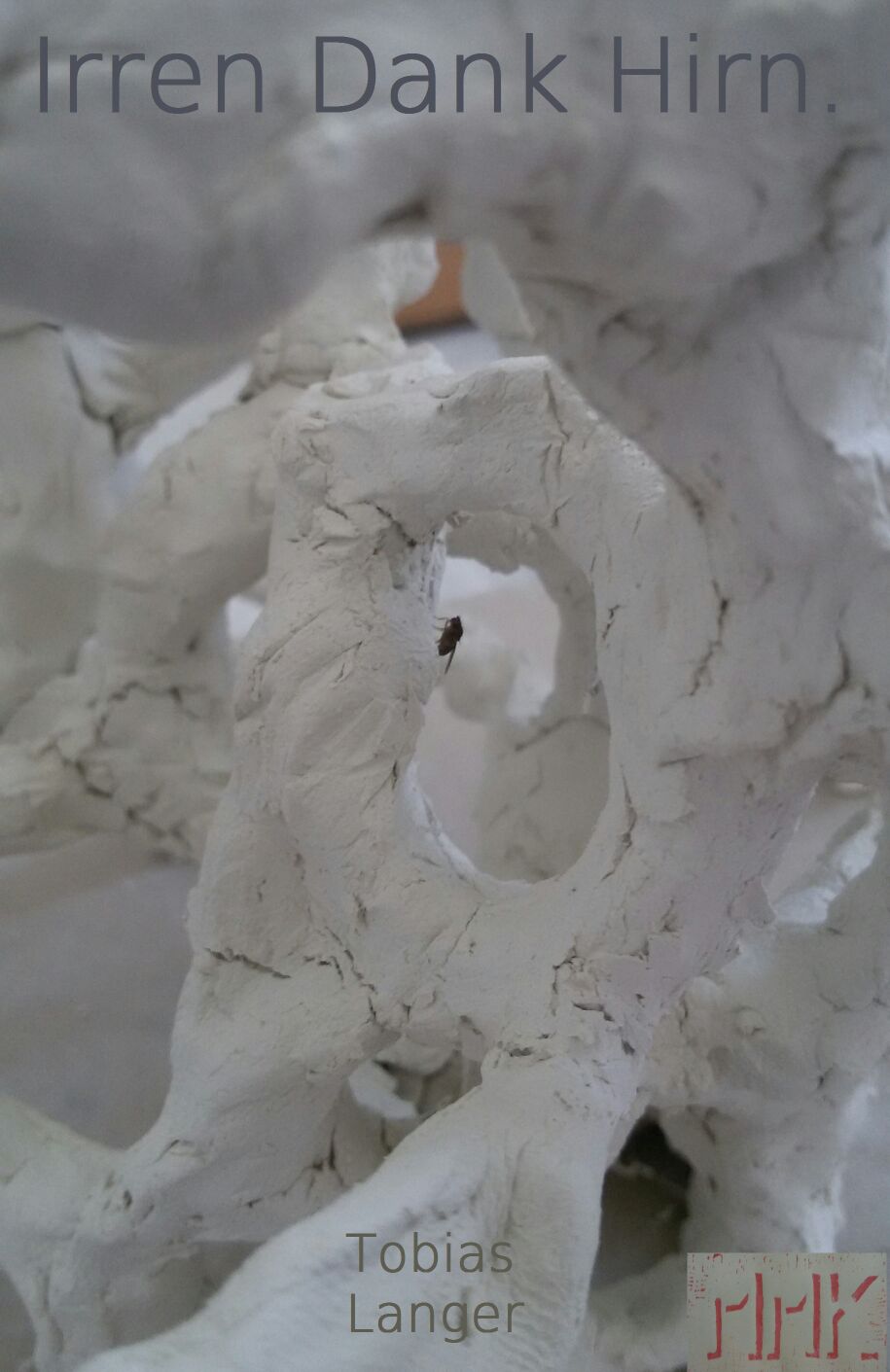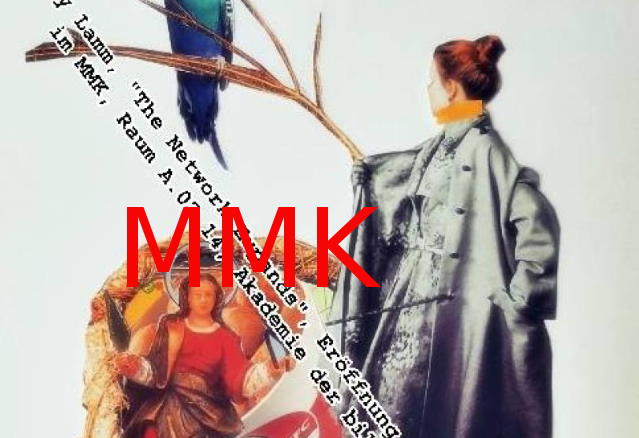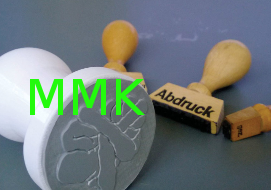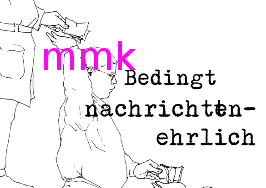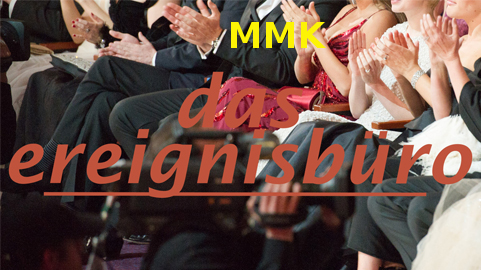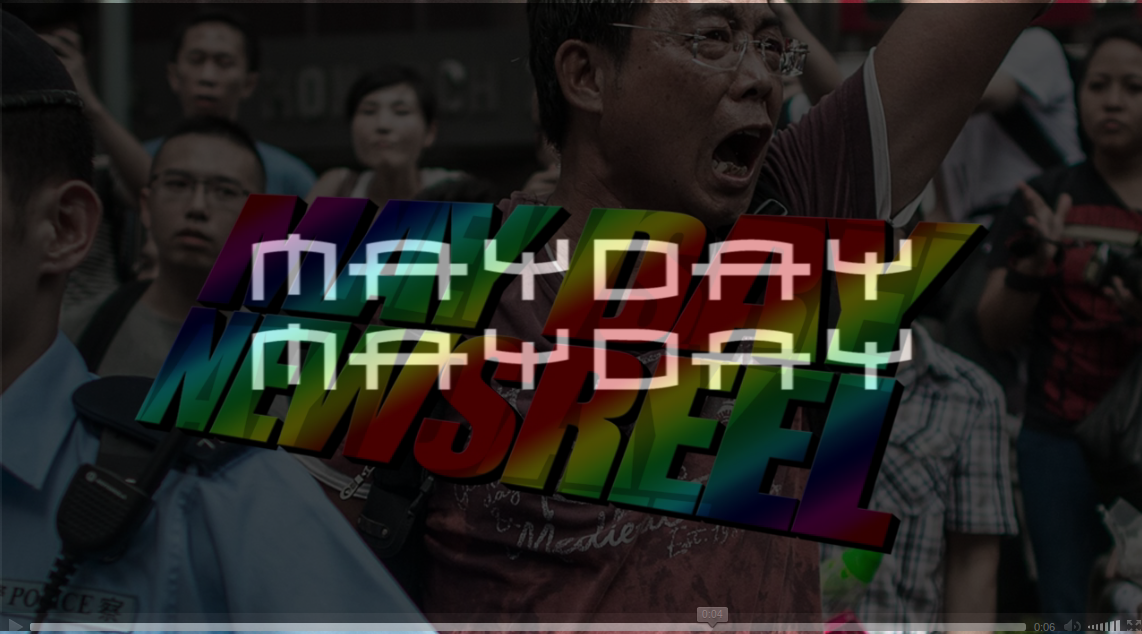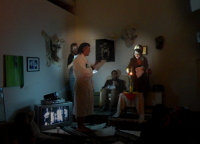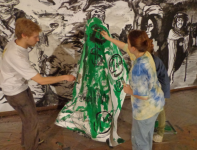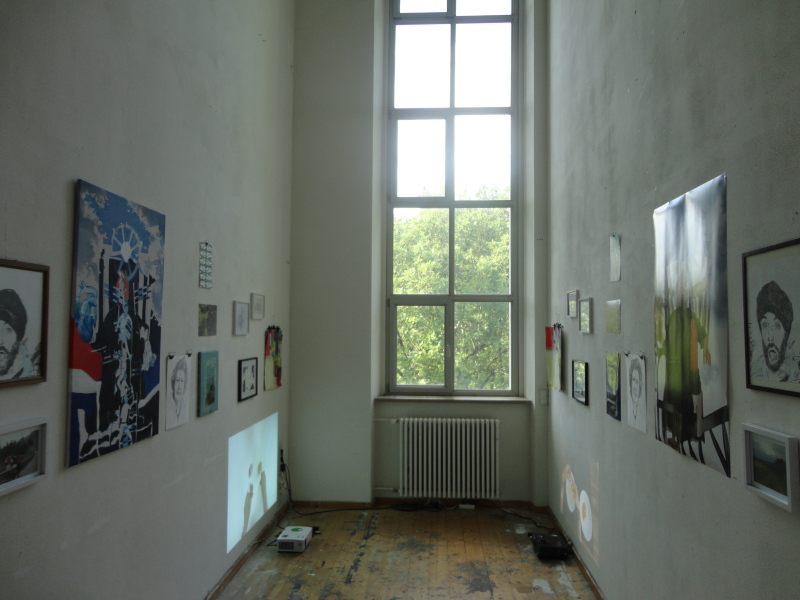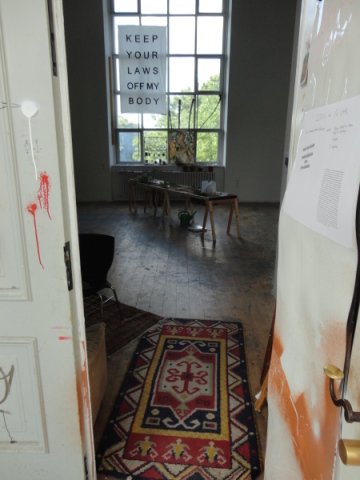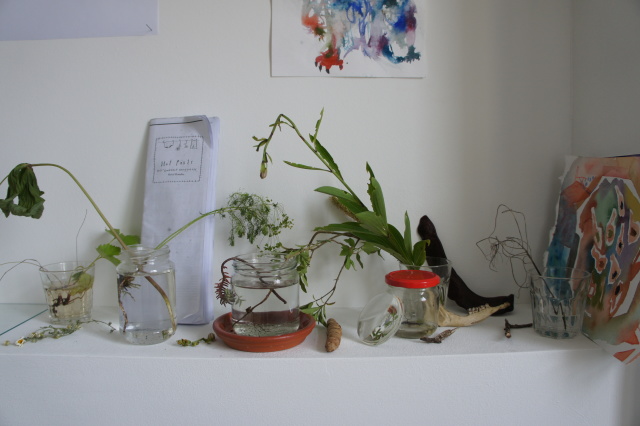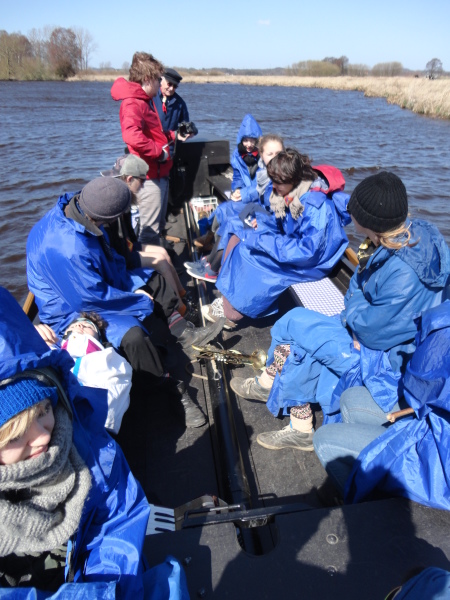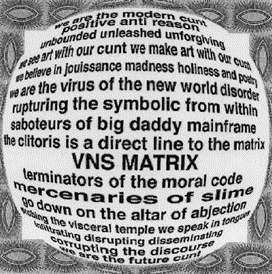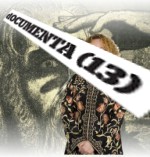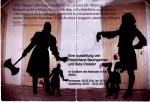The Academy and The Corporate Public
- Old and New Monsters -
by Stephan Dillemuth
The art academies on the European mainland have their origins in a revival of Platonism in the Early Renaissance. At the time a whole host of intellectuals saw free, informal assemblies as a means both to break with the guilds of the Middle Ages and to distinguish themselves from the scholastic pedantry of the universities. As a �learned society of dilettantes and amateurs�, the academy was an open forum whose precise nature had yet to be determined through communication. In the course of their institutionalization the academies forfeited this fundamental quality: they became inflexible and authoritarian monsters in the service of those in power.
The model of the academy current in Germany today is still based on ideas from the Romanticism of 1820. In the �master class� the professor has a monopoly on the training of �his� students: for the entire duration of their studies they engage only with this professor and the other students in the same class. The reason this system has remained stable for almost two centuries is that it repeats the patriarchal structure of the family unit, which is convenient for both sides: identification with the artist-father, imitation of his work.
On top of this, many professors, often having been appointed at a time when their market career was on a downturn, use the academy as a tool to compensate for the deflation of their self-esteem. Thus in the face of possible changes � new appointments, co-determination, etc. � the �masters� behave like big landowners defending their territories. They pursue a strategy of obstruction within academic politics and deeply resent anything that grates with their vain self-image as artists � things like feminism, theory or �trendy Anglo-Saxon� innovations such as Cultural Studies. Team spirit among colleagues, group work, flat hierarchies, free exchange and transparency are alien concepts at this academy; the courage to experiment and make changes is nowhere to be found.
Now these dinosaurs are being threatened with extinction: the fairy godmother slated to bring the long-overdue reforms is called the �Bologna Process�. Seen from close up, however, she reveals herself as a seven-headed hydra. For neo-liberalism has spawned a new monster: and this time it is aimed directly at the breeding ground of societal reproduction � i.e., the education system.
The Bologna Process is an initiative launched by the Centre for Higher Education (CHE) development to steer reform of higher education, with the primary goal of prescribing the bachelor/master system and modular curricula for Europe�s universities and degree courses. The CHE was founded in 1994 by Bertelsmann, one of the worlds most influential media corporations, to influence higher education reform. The CHE is a private limited-liability company, accountable only to the Bertelsmann Foundation. Driven by the goals of the Bertelsmann Group, the CHE muscles in on matters of state decision-making and tries to impose its business agenda on educational institutions.
This helps to explain why plans for the founding of corporate universities were dropped: after all, a takeover of the universities by the corporations themselves would be a far greater coup. All this requires is a few small structural changes: in the jargon of neo-liberal emancipation �the universities are granted increased autonomy� and the state passes a �University Freedom Act� (Hochschulfreiheitsgesetz). In this way existing democratic forms of co-determination by students, staff and professors are dismantled. The university senate � so far responsible, among other things, for appointments � is left with a merely advisory function. By contrast, university presidents and chancellors become quasi-autocrats who are assigned a new, direct interface with the private sector in the form of the University Council (Hochschulrat), which has both supervisory and executive functions. Half of its members are non-academic (most often from the business community), and it is appointed by the president. The council in turn elects the president, who can have a non-university background. This co-dependency makes it an easy task for the private sector to gain complete and lasting control of the universities.
It may come as a surprise to many readers, but in much of Europe education was still free of charge! But now, what seems likely is a relatively low-cost, broad-based, three-year bachelor degree offering insufficient or zero professional qualification in most cases. The qualification for a decent job is acquired via a subsequent two-year master�s degree. But this level is subject to access restrictions, with only 40�60 per cent of BA students allowed to graduate to the �lite. And that is not the end of it. Then comes life-long learning. In some places there already exist master�s degrees with limited validity which must be renewed every few years by participation in qualification and further training programmes � for a fee, of course. A not inconceivable scenario looms, then, in which an ever-repeated cycle will shape life from pre-school to retirement age: get qualified, get assessed, collect points � and keep paying!
After corporations have made themselves a good image via sponsorship in the 80s, after they have made themselves avant-garde-like creators via branding in the 90s, they are now using corporate social responsibility (CSR) as a camouflage for merely utilitarian and profit-seeking motives. In the field of teaching and research a new type of thinking has successfully been introduced which puts the logic of the market-place and the maximization of profit over curricula or research content. Education and its institutions are not only seen as welcome new markets, they are not only turned into a service industry in order to generate big money, but worse, these institutions are installing themselves as global players, branching out via branding, merging, outsourcing and franchising in order to stake their claims to a global market of education and knowledge production. After the privatization of elementary services such as transport, media, water and energy, health and care systems, the privatization of the education system is the last major building block in the establishment of a total neo-liberal world order that is dictated by supranational groups, allowing them further to stabilize this new principle and reproduce it through �education�.
Sounds rather paranoid, right? But what does all this mean for art education and for art? The Conference of Art Academies in Germany recently decided against the introduction of MA/BA degrees and against the introduction of modular curricula. But the academies will not be able to resist the other higher education reforms, such as the establishment of a council (Hochschulrat) and the introduction of fees. Unfortunately, their �defiant� act means no more than a strengthening of the conservative traditionalism in which the academy with its system of master classes is trapped � albeit now inside a neo-liberal shell. The stated grounds for rejecting the MA/BA include a reference to the high percentage of German artists on the art market � after all, a system that produces so many successful artists can�t be that bad. Instead of grasping the �threat� of a differentiated and modular BA/MA structure as an opportunity to develop alternative models of the academy, the reaction is to bow down devoutly before the arguments of the market and its love of rankings.
Do these ( few ladies and) gentlemen not see that their supposed artistic freedom or �autonomy� has long become a constituent element of neo-liberal value creation? The art market bubble will not burst, as it is a fact that the rich get richer, creating an endless demand for new ways of displaying wealth: corporate Rococo � we can�t wait for the next art fair! And those who don�t make it in the long term can still busy themselves with licking their wounds. Beyond the art market, other markets are opening up: therapy, wellness, esotericism. The Corporate Art University will be training more and more people for these sectors as well � demand is huge.
In the meantime growing numbers of free projects taking place outside the increasingly corporatized institutions, projects that could be referred to as temporary, self-organized academies: this summer, for example, in Oslo, Copenhagen, Leipzig, Berlin, Vienna and Zurich. Based on difference and collaboration these �learned societies of dilettantes and amateurs� carry out project-oriented research in life and on life. In the face of the corporate takeover of society such projects take on special significance � in terms of self-determination, critical analysis of those changes in the idea of the public sphere and potential for change within society.
- translated by Nick Grindell -
Published slightly edited and under the Title �Old and New Monsters� in Frieze, issue on art education, Sept 2006

